As a former prosecutor, I was shocked and saddened to read reporter Kyle Hopkins’ recent reporting in the Anchorage Daily News and ProPublica on pervasive, unconstitutional, heartbreaking delays of violent felony cases. Judges granting continuances 50 to 70 times over seven to 10 years — with “typically” no opposition from the prosecution, and no mention of the victims. Victims and their families suffering years before the closure that a trial can bring, some even dying during the delays.
Hopkins’ reporting is recent. The problem isn’t. The Office of Victims’ Rights (OVR) has been covering delays for years in annual reports to the Legislature, beginning in 2014. In 2018, after monitoring nearly 200 cases, OVR said judges were mostly to blame.
Other causes have been noted: understaffed public defender and prosecutor offices; the incentive for defendants to delay because witnesses’ memories fade. But in 2019, OVR said, “It is up to the judges to control the docket, to adhere to standing court orders, to follow the law and to protect victims’ rights as well as defendants’ rights.”
In 1994, 86% of Alaskans who voted supported a crime victims’ rights ballot. That overwhelming mandate was enshrined in our state constitution. It includes victims’ “right to timely disposition of the case.” For years, Anchorage Superior Court judges have ignored this right.
After reading the recent coverage, I began searching. Maybe other jurisdictions had found solutions to similar delays. What I discovered shocked me even more.
In 2008, a working group co-chaired by an Alaska Supreme Court justice determined the average time to disposition for felony cases in Anchorage had nearly quadrupled. “This finding amounted to a ‘call to arms’ for improvements …(.)”
In November 2008, the state paid to send three judges, two court personnel, the Anchorage district attorney, the deputy attorney general and three public defenders to a workshop in Arizona about causes of delays, and solutions. David Steelman was a presenter. He worked with the Alaska group in Phoenix and Anchorage. That work resulted in a 59-page report dated March 2009.
I found Steelman’s report online (“Improving Criminal Caseflow Management in the Alaska Superior Court in Anchorage”). His findings are revealing.
Delays resulted from informal attitudes, concerns and practices of the court, prosecutors and public defense lawyers. To change this “culture of continuances,” it was critical the court exercise leadership and the attorneys commit to change. Judges and the public-sector lawyers must recognize they were all responsible for making prudent use of the finite resources provided by taxpayers. Unnecessary delays wasted resources.
Steelman recommended the judges and lawyers agree to individual performance measurements, and the court engage in ongoing evaluation of his Caseflow Improvement Plan. The plan included a “Continuance Policy for Anchorage Felony Cases.”
I found an unsigned Anchorage court order dated May 1, 2009. It included Steelman’s Continuance Policy recommendation that the court log every requested continuance in the court file, name the party requesting it, the reasons given, whether the continuance was granted, and the delay incurred if it was granted.
More telling, it omitted Steelman’s recommendation that, “Every six months, the chief criminal judge shall report to the Presiding Judge on the number of continuances requested and granted during the previous period(.)”
That provision might have ensured accountability.
After years of only bad news, in 2018, OVR reported a glimmer of “good news” — a pre-trial delay working group was formed by Anchorage Presiding Judge Morse and the court system. In September 2018, Judge Morse issued a Felony Pre-Trial Order. Its goals included reducing delays of felony case dispositions and minimizing the number of calendaring hearings. (Sound familiar?)
But, OVR added, “The real test will be whether judges will hold to the new plan and hold parties accountable for delays. The jury is out on whether the will to change is actually present, but the court ultimately will be responsible for improving this problem unless the legislature steps in and passes new laws to resolve this continuing violation of victims’ rights.”
The jury has been out since 2009. The court failed that test. Based on the ADN/ProPublica reporting, the court failed the test of 2018. Things are worse than ever.
And the court’s response? A spokesperson told Kyle Hopkins there was “new” training for judges on managing case flows, as well as an Anchorage presiding judge’s order limiting when postponements may be used. (Sound familiar?)
I also reached out to the court. I requested documentation of this “new” training and a copy of the latest order. I also asked about the unsigned May 2009 court order. I’ve received no response. Similarly, when Hopkins reached out to Anchorage Superior Court judges, none of the criminal docket judges responded directly.
There are two things courts and judges will respond to: their budget and retention elections.
First, the Alaska Senate and House Judiciary and Finance Committees should hold the court system accountable for its proposed budget. Require it to cost out delays from past years. According to a 2011 report by Steelman, just two Anchorage cases (each with over 70 scheduling hearings), “(M)ay have cost the State of Alaska the full-time equivalent of an extra prosecutor or public defender attorney.”
The court system has proven, since 2008, it can’t be trusted to not waste money on unnecessary delays. It must finally be held accountable by the Legislature.
Second, retention elections. Superior Court judges are appointed by the governor, but they must stand election for retention by the voters every six years. The Alaska Judicial Council evaluates each judge before their election and makes that information public. The council incorporates surveys of attorneys, law enforcement, child services professionals, court employees and jurors.
The Judicial Council does not survey victims, or those who assist them, such as OVR or Victims for Justice. It should. Other than the defendant, victims are the only ones with a constitutional right to a speedy trial. That right is being ignored by judges. Alaska voters who issued a mandate should know which judges are ignoring it.
Val Van Brocklin is a former state and federal prosecutor in Alaska who now trains and writes on criminal justice topics nationwide.
The views expressed here are the writer’s and are not necessarily endorsed by the Anchorage Daily News, which welcomes a broad range of viewpoints. To submit a piece for consideration, email commentary(at)adn.com. Send submissions shorter than 200 words to letters@adn.com or click here to submit via any web browser. Read our full guidelines for letters and commentaries here.





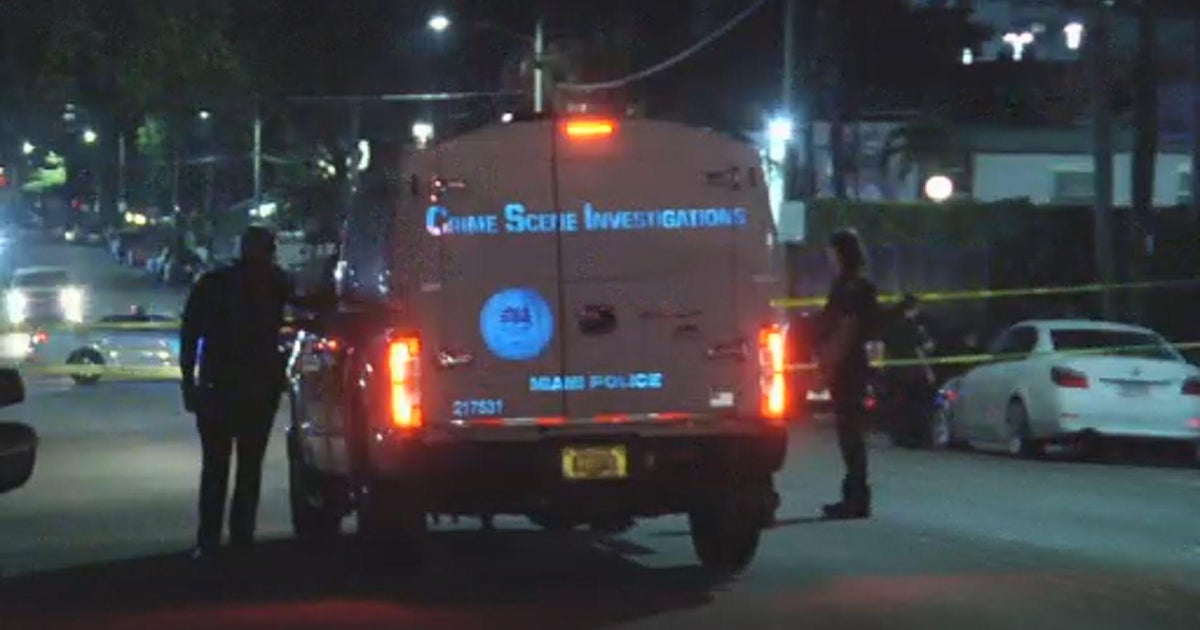


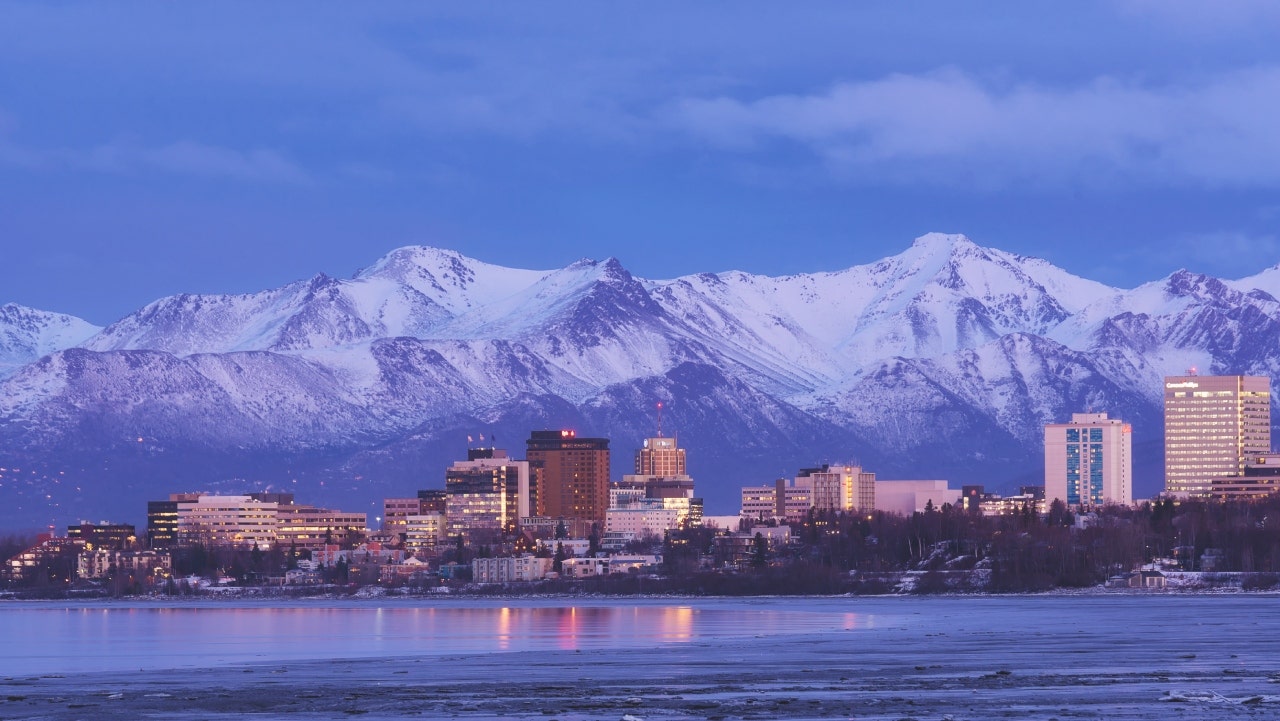
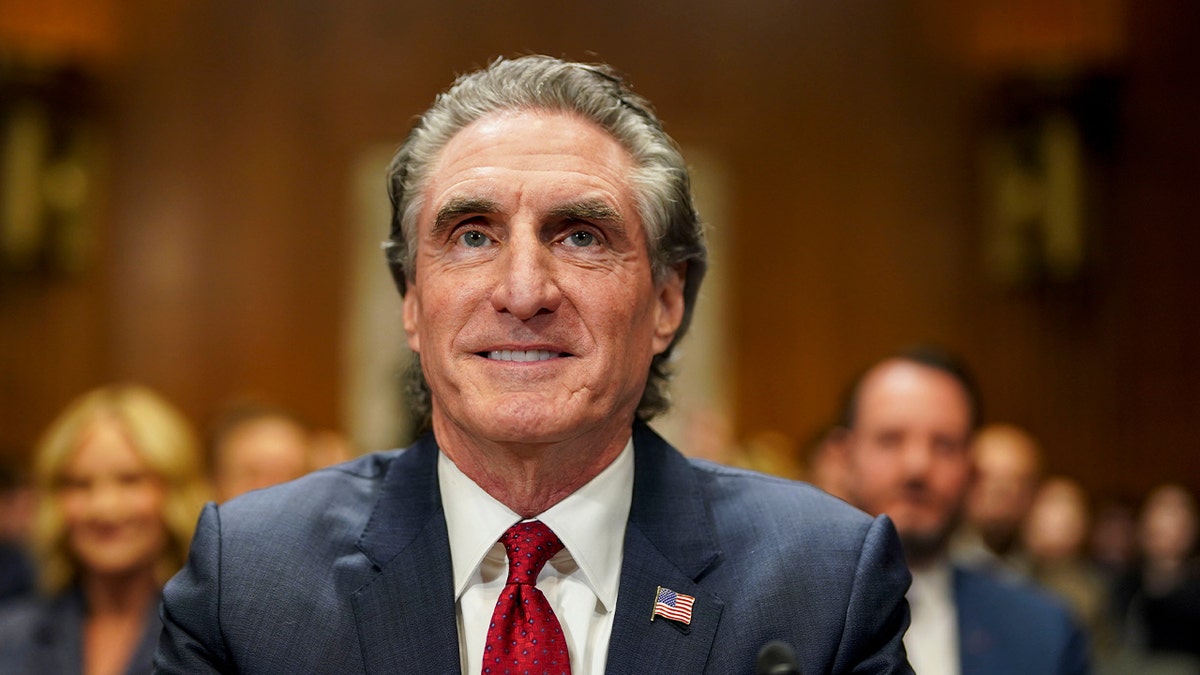
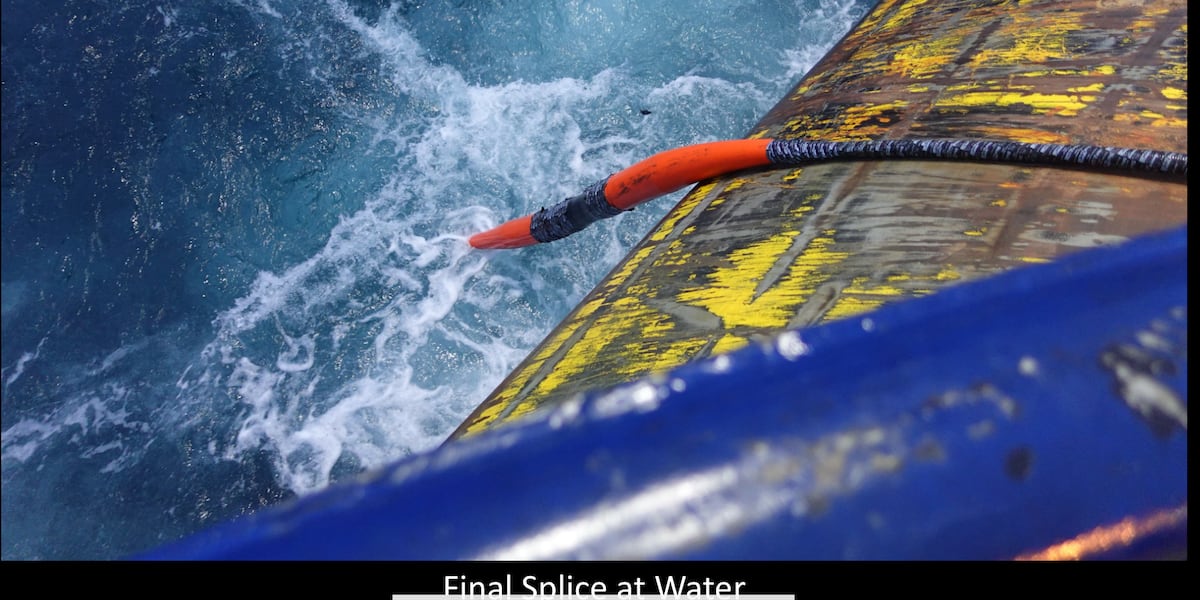
:quality(70)/cloudfront-us-east-1.images.arcpublishing.com/adn/JK64QUL7CFAHRHUAODCZKSWFIA.jpg)








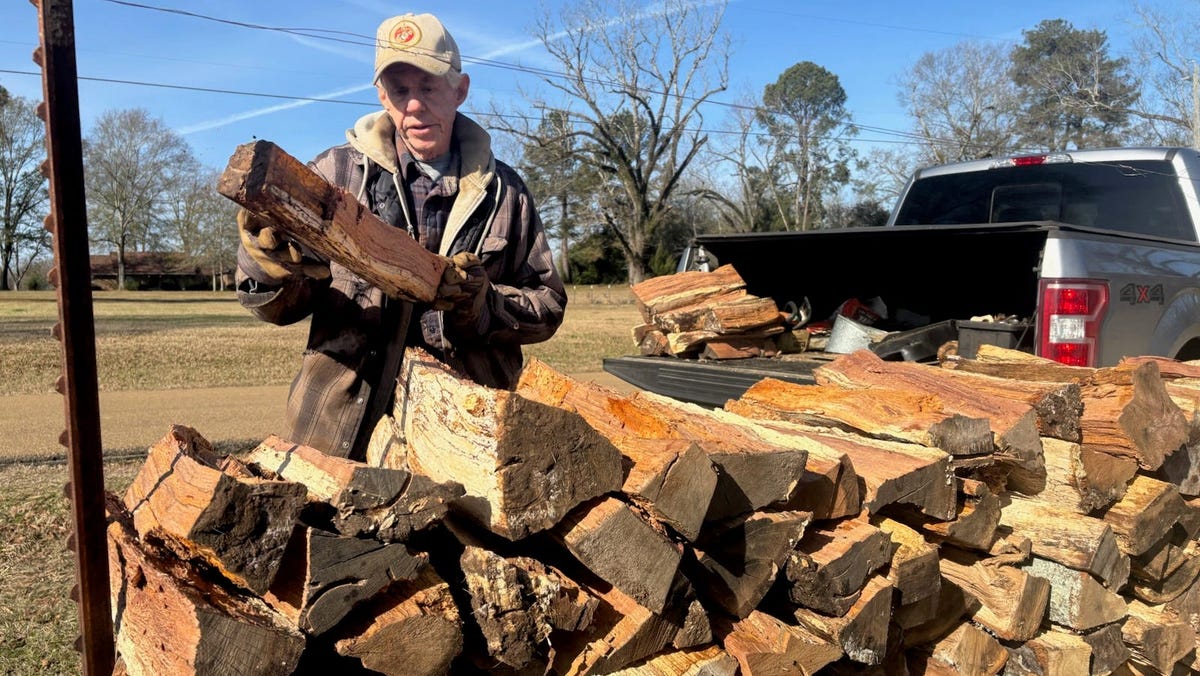


/cdn.vox-cdn.com/uploads/chorus_asset/file/23935558/acastro_STK103__01.jpg)

/cdn.vox-cdn.com/uploads/chorus_asset/file/25826211/lorealcellbioprint.jpg)
/cdn.vox-cdn.com/uploads/chorus_asset/file/25832751/2192581677.jpg)

/cdn.vox-cdn.com/uploads/chorus_asset/file/25835602/Switch_DonkeyKongCountryReturnsHD_scrn_19.png)
